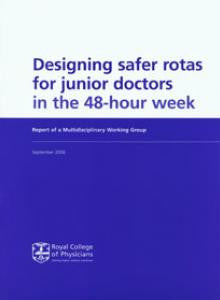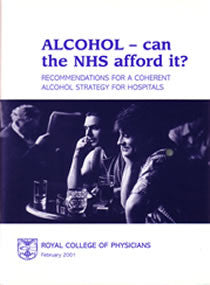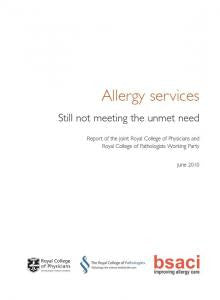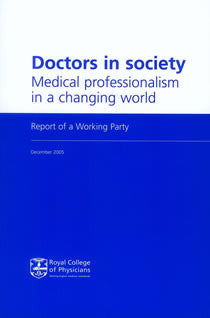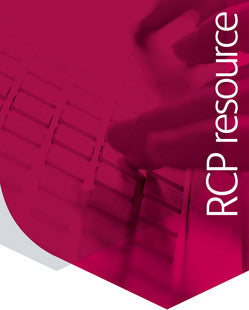Most junior doctors work night shifts, many of them doing seven consecutive nights, each lasting 13 hours. That has been shown to be potentially the most dangerous type of rota that could be devised, in terms of risks to both patients and staff. Working at night increases the risk of errors, but the length of shifts and the number of shifts worked in succession are also crucial.
The guide (published in 2006) discusses the evidence of hazards associated with shift work at night and the suitability of different rotas, in anticipation of the 48-hour week in 2009. It sets out six possible rotas, clearly assessing their safety, compliance with regulations, and practicality. The main advice is to limit the number of night shifts worked in succession to no more than four, and to consider reducing the length of each night shift when possible. The guide encourages the testing of three nine-hour shifts to cover the 24 hours, to achieve improved health, safety, teaching and supervision, and efficiency.
The guide is not only for hospital administrators who design rotas for medical staff but also for junior doctors, who should be involved in planning the optimal rotas for their particular team and hospital.
The guide is available to download as a pdf.


